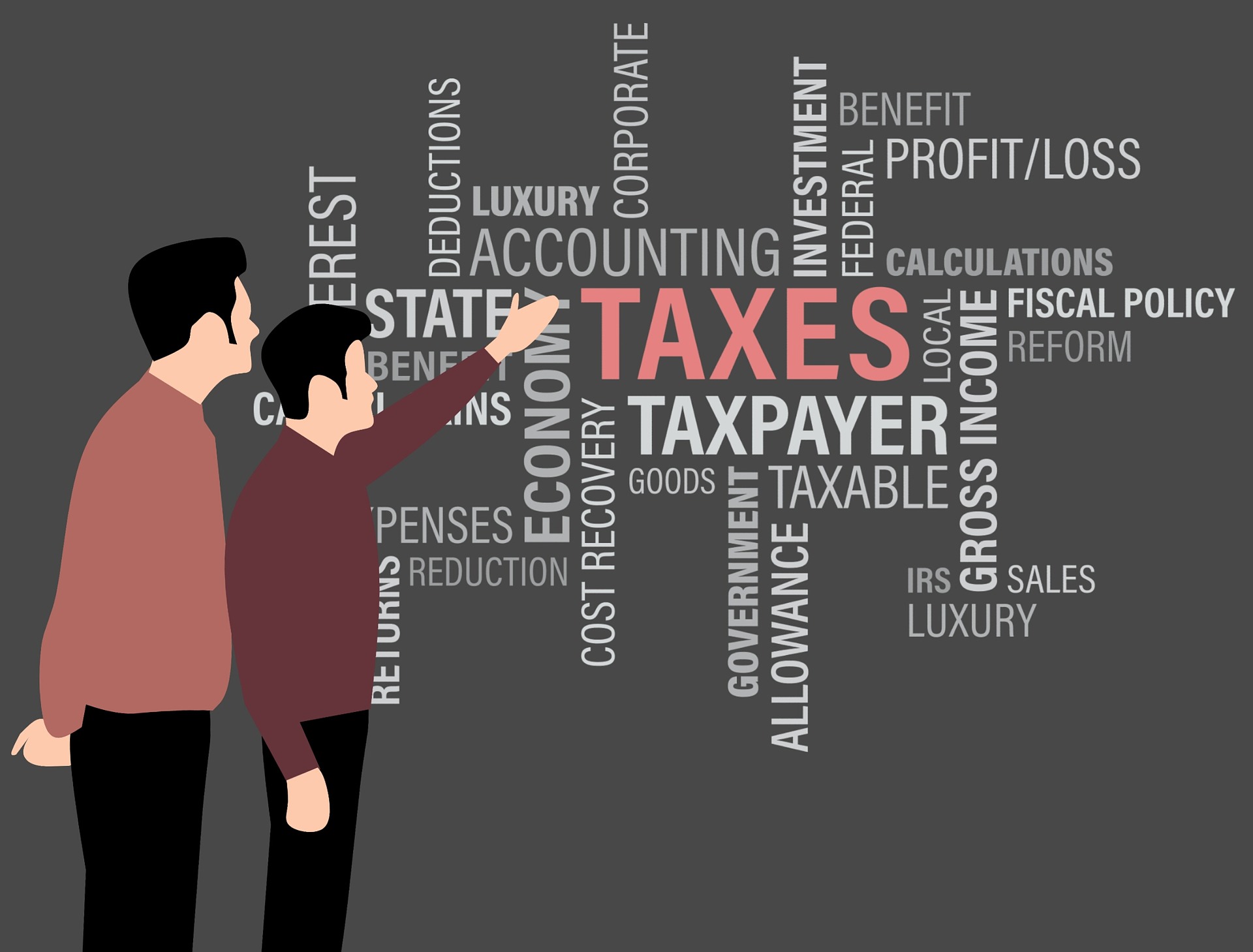There is nothing certain in life but death and taxes, right? I’m sorry to be the bearer of bad news, but your tax obligations don’t stop with death. There is something called “the final return,” and today we’ll take a look at what it is and how it works. Note that this blog contains talk of death (and taxes).
What is the final return?
The final return is the tax return that reports the deceased’s income from the first of that year to the date of death. If income is earned post-death (royalties, monies owned to the estate, etc.) that income is reported on the T3 form.
When is the final return filed?
For a death between January 1 and October 31, the final return is due on June 1 of the next year. For deaths between November 1 and December 31, the final return is due six months after the date of death. However, there are some caveats. The pandemic, some co-living situations, and some business situations can affect these dates. Visit Canada Revenue Agency’s (CRA) website to learn about deadline extensions and what to do in non-typical circumstances.
The due date for monies owed and the filing date are not the same
As with your individual or business return, there are two dates to know for a final return. The due date and the date you have to pay an outstanding balance.
For deaths between January 1 and October 31, the due date for payment is April 30 of the next year. For deaths between November 1 and December 31, the due date is six months after the death. Again, the pandemic can affect these dates. Check CRA’s website for the latest deadline information.
Who files the final return?
The deceased’s legal representative files the final return. This person is called the executor/executrix or the estate administrator. It is very important to appoint an executor and/or to have your affairs in order to ensure your executor can carry out this and other duties in a timely manner. He or she should know where to find all the important documents, who to contact regarding assets, and what your wishes are if you planned to donate to charities.

What if I’m late filing the return?
As with any other return, there are financial penalties for late filing. Interest will accrue on the balance and on any penalties for being late. If the deceased had a history of late filings and was already paying penalties, the penalty for the late final return may be higher. Even if there is a balance that the estate cannot pay on time, you can avoid late fees by filing on time.
That being said, death is always a tragic event and CRA does recognize that sometimes filing cannot take place on time due to circumstances beyond the executor’s control. In these cases, the executor can fill out form RC4288 and request a waiver of fees.
How can I deal with this on top of my grief?
The thought of all this paperwork while grieving is rightly daunting. You do not have to do this alone. There are programs for executors to learn their duties ahead of time, and a professional accountant can also help prepare and file the documentation. AF Accounting is here for Canadians and for their small businesses. To learn more about issues like this, about pandemic benefits, or small business advice, visit us at https://afaccounting.ca/











